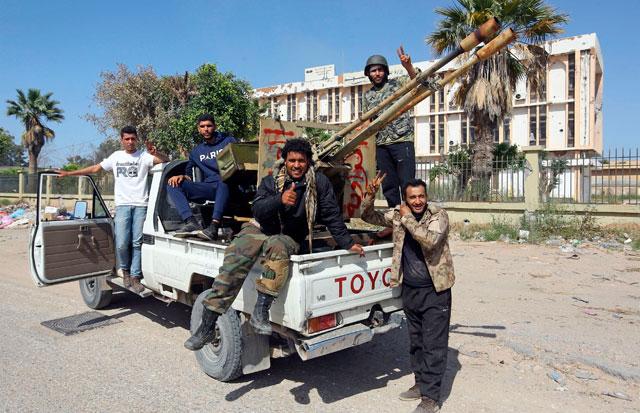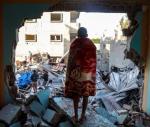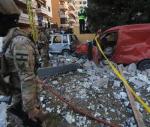You are here
Libyans to take part in public consultations to help end political deadlock
By Reuters - Apr 04,2018 - Last updated at Apr 04,2018
TUNIS, Tunisia — Libyan citizens will be asked for their views on the country’s future in a series of UN-backed public consultations aimed at breaking a political stalemate and preparing for new elections after years of conflict and division.
The first meetings will be held in the eastern city of Benghazi and the far western city of Zuwara on Thursday. More than 20 open meetings are planned over the next few weeks, including at least five in Libya’s marginalised south.
Citizens will be invited to air their opinions on divisive issues such as the spending of oil revenues, the powers of a future central government and the disarming of militias.
Their views will feed into a “national conference” process promoted by UN Libya envoy Ghassan Salame that is meant to pave the way for elections by the end of 2018.
Salame has been trying to help forge an agreement on a constitution and new electoral laws, but efforts to reshape a UN-brokered government in Tripoli have stalled.
Since disputed elections in 2014, Libya has been split between competing political and military factions in the west and east of the country. The Tripoli government is rejected by its eastern-based rivals.
Political turmoil and sporadic armed conflict have led to economic collapse, allowing migrant smugglers to flourish and giving space to extremist militants.
Public consultations were also held ahead of Libya’s first post-revolution elections in 2012, but this year’s meetings are planned on a larger scale.
The United Nations has commissioned a Geneva-based conflict resolution group, the Centre for Humanitarian Dialogue (HD), to organise the meetings.
“We’re trying to reach out to as many Libyans as possible in as many different localities to get their opinions and views,” said Chris Thornton, HD’s Libya programme manager.
“The idea is to make the existing institutions and existing processes more effective and more informed by the opinions of actual Libyans.”
Citizens will be able to submit their views by email and set up meetings in their own communities, with the idea of creating a “snowball effect” of participation, Thornton said.
Salame said last week at the national conference that a “bottom-up” process that has already included dialogue with armed groups, supporters of former Libyan leader Muammar Qadhafi and members of the Muslim Brotherhood, may lead to a final gathering and produce specific recommendations on Libya’s future direction.
Related Articles
TRIPOLI — The new UN envoy to Libya on Saturday started his first visit to the conflict-plagued North African country with a pledge to "resp
PARIS, France — France plans to hold an international meeting in Paris with Libyan political leaders to push for an agreement on holding UN-
TRIPOLI — The UN's Libya envoy warned Thursday of "a widening conflagration" in the North African country, saying international divisions ha

















